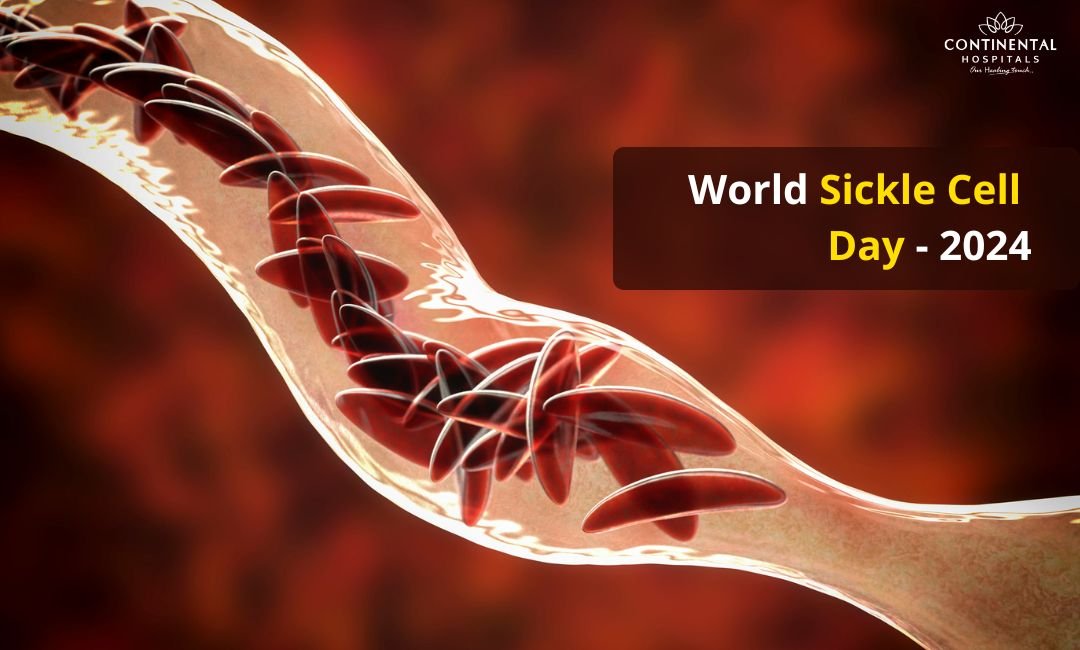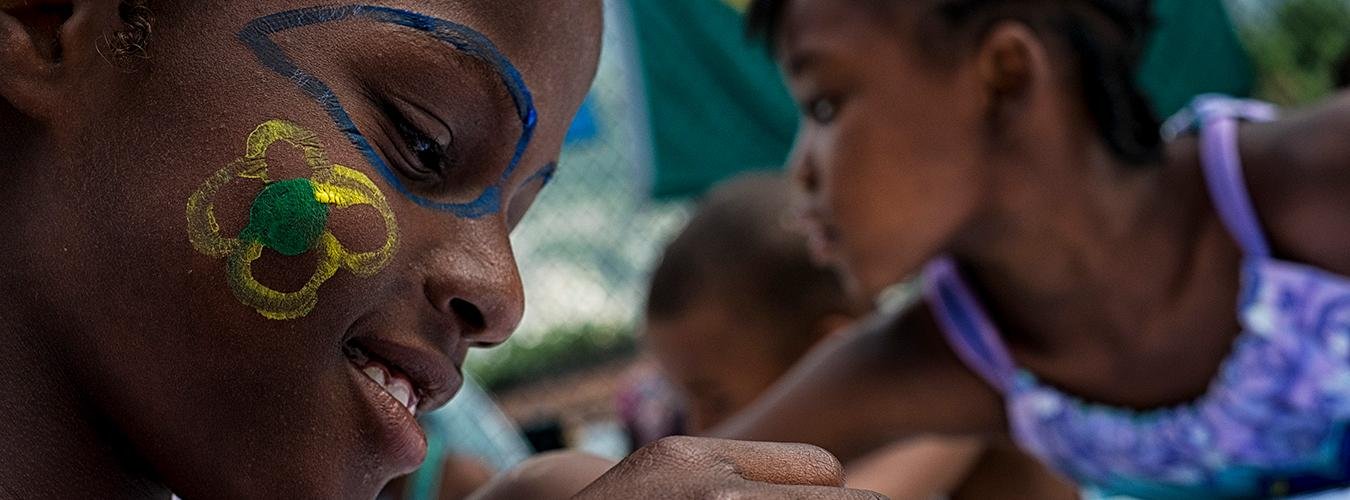World Sickle Cell Day 2024: Celebrating Progress, Reflecting on the Path Forward

Introduction
For more than 100,000 Americans battling Sickle Cell Anemia (SCA), maintaining healthy blood cells is a crucial part of their fight. Patients with Sickle Cell Disease (SCD) often require multiple blood transfusions throughout their lifetime. June 19 holds dual significance as both World Sickle Cell Day and Juneteenth, a day to celebrate the progress made in treating SCD and reflect on the work still needed to address healthcare disparities.
Senses: (Child Safeguarding and Protection Principles)
Understanding Sickle Cell Disease
Sickle Cell Disease (SCD) is a genetic disorder characterized by the presence of abnormal hemoglobin, called hemoglobin S, in red blood cells. This abnormal hemoglobin causes red blood cells to become rigid and crescent-shaped (sickled), leading to various severe health complications. Key symptoms and complications of SCD include:
- Pain Crises: Episodes of severe pain due to blocked blood flow caused by sickled cells.
- Anemia: Chronic shortage of red blood cells, leading to fatigue and weakness.
- Organ Damage: Persistent sickling can damage organs like the spleen, liver, kidneys, and lungs.
- Increased Infection Risk: Damaged spleen and other factors increase susceptibility to infections.
- Delayed Growth and Puberty: Due to chronic anemia and other complications.
Protecting Children with SCD
Ensuring the well-being of children with SCD involves comprehensive care and preventive measures:
- Early Diagnosis and Regular Screening:
- Newborn Screening: Early detection through newborn screening programs allows for prompt intervention.
- Regular Health Check-Ups: Routine monitoring to manage and prevent complications.
- Vaccinations and Antibiotics:
- Immunizations: Vaccinations against infections like pneumonia and meningitis are crucial.
- Prophylactic Antibiotics: Preventive antibiotics reduce the risk of bacterial infections in young children.
- Hydration and Nutrition:
- Adequate Hydration: Encouraging fluid intake helps prevent sickling of red blood cells.
- Balanced Diet: Proper nutrition supports overall health and growth.
- Pain Management:
- Pain Relief Plans: Individualized pain management strategies to handle pain crises.
- Hydroxyurea: Medication to reduce the frequency of pain episodes and other complications.
- Regular Blood Transfusions:
- Transfusions: Regular blood transfusions can reduce the risk of stroke and manage severe anemia.
- Education and Support:
- Parental Education: Teaching parents about SCD management and emergency care.
- Support Groups: Providing emotional and psychological support to families.
Stones: Lessons for Parents, Government, and Society
Lessons for Parents
- Stay Informed: Keep up-to-date with the latest treatments and care guidelines for SCD.
- Advocate for Your Child: Ensure your child receives comprehensive care and necessary interventions.
- Build a Support Network: Connect with support groups and other families facing similar challenges.
Lessons for Government
- Increase Funding for Research: Invest in research for new treatments and a potential cure for SCD.
- Ensure Equitable Access: Guarantee that all patients, regardless of socioeconomic status, have access to new therapies.
- Implement Comprehensive Screening Programs: Ensure nationwide newborn screening for early detection of SCD.
Lessons for Society
- Raise Awareness: Promote public awareness about SCD and its impact on affected individuals and families.
- Support Healthcare Initiatives: Back initiatives that aim to reduce healthcare disparities and improve outcomes for SCD patients.
- Encourage Inclusivity in Clinical Trials: Advocate for inclusive clinical trials to ensure diverse populations benefit from medical advancements.
Conclusion
World Sickle Cell Day 2024 is a day to celebrate the remarkable progress in treating SCD and reflect on the ongoing work needed to address healthcare disparities. The approval of Casgevy and Lyfgenia offers new hope for those living with SCD. However, continued efforts in research, equitable healthcare practices, and inclusive clinical trials are crucial to ensuring that every patient can benefit from these advancements. As we move forward, let us commit to safeguarding and protecting the health and well-being of all individuals affected by SCD.
Source of Image: https://continentalhospitals.com/





